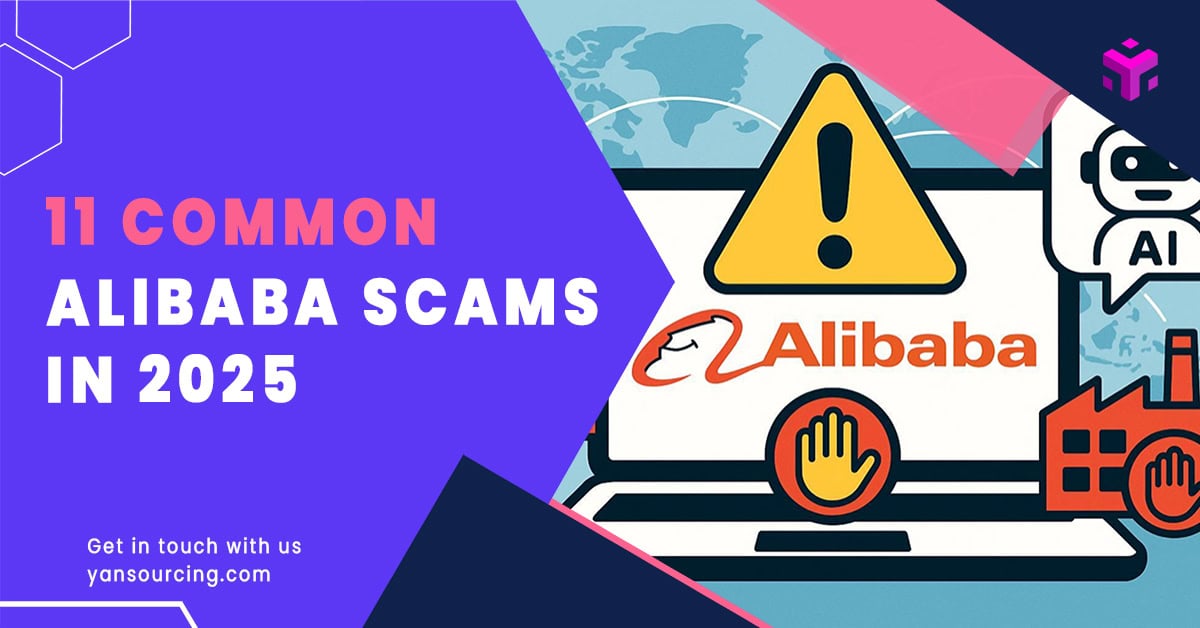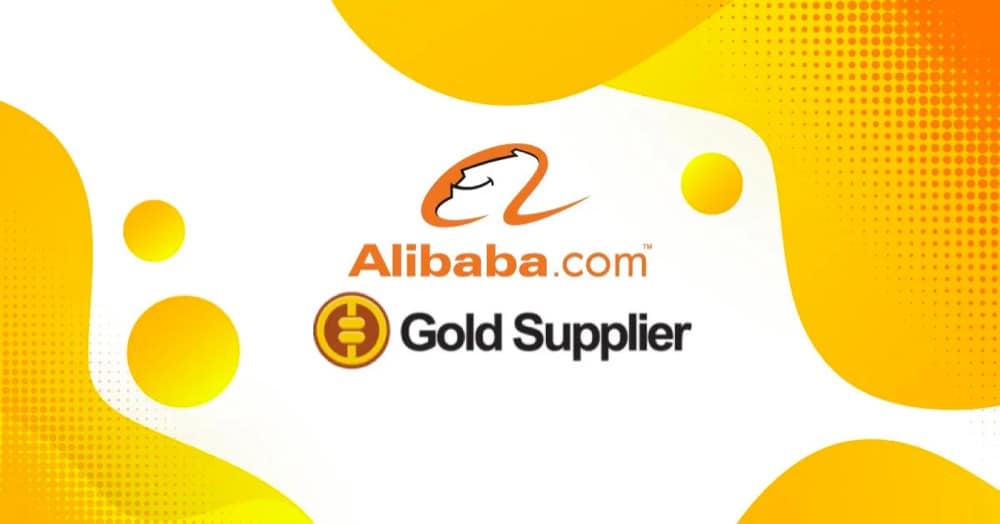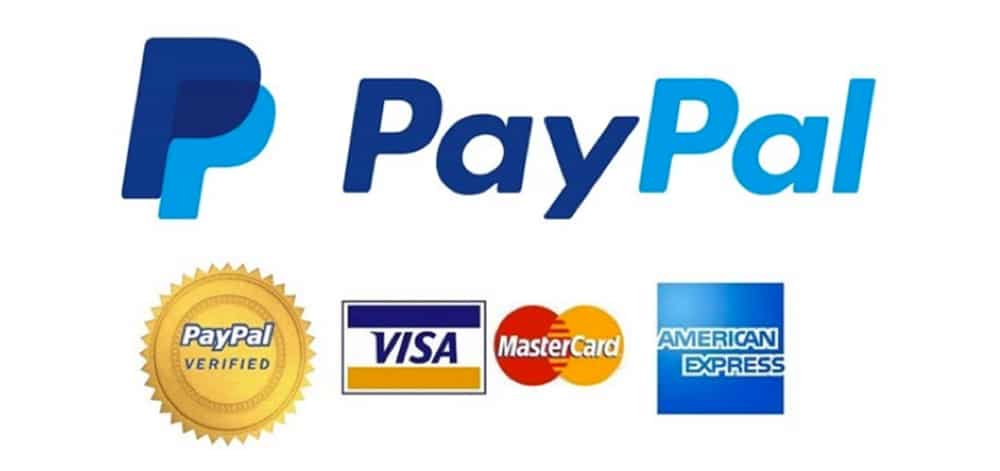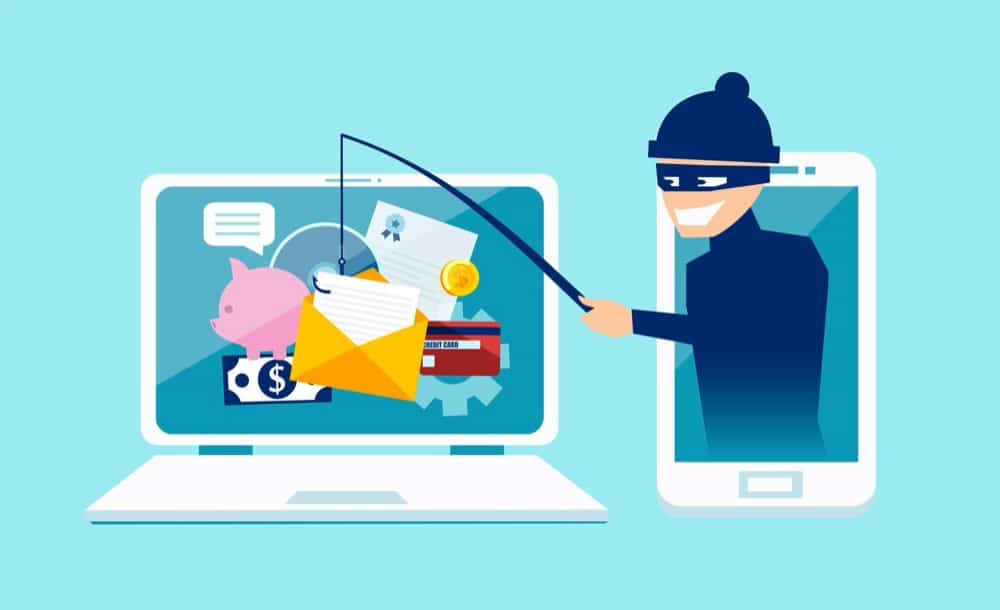
Sourcing on Alibaba can unlock huge value—but the landscape is full of hidden traps. Scammers are more creative (and convincing) than ever, and too many importers get burned by relying on outdated safety myths.
Whether you’re a business veteran or a first-time buyer, this updated guide cuts through the noise and exposes the 11 scam types every importer must recognize in 2025.
Expect real-world red flags, expert prevention tips, and myth-busting you won’t find in generic blog posts.
1. The Gold Supplier & Trade Assurance Myth
The Scam: Many assume Alibaba’s “Gold Supplier” badge and “Trade Assurance” logo mean bulletproof security. In reality, these are not always proof of honesty—just proof the company paid for membership and (sometimes) basic checks.

Red Alert!
- Gold Supplier only means a fee was paid, not that every deal is safe.
- “Trade Assurance” can be bypassed if the agreement or payment is made outside Alibaba.
Prevention:
- Always read the Trade Assurance contract terms—is your exact product and payment method listed?
- Research the supplier outside Alibaba: cross-check business licenses, website, and reviews.
- Watch for pressure to move conversations off-platform (WhatsApp, email, WeChat) before escrow.
Case: In 2024, hundreds of buyers reported losses from Gold Suppliers who switched to non-Assurance payments after sample delivery. Many couldn’t get refunds. Source: Alibaba Forums.
2. Non-Delivery or Phantom Orders
The Scam: Buyer pays, but goods never arrive (or exist). Often happens with brand-new accounts or suspiciously cheap listings.
Red Alert!
- New supplier profile (less than 1 year old)
- Evasive answers about factory location/shipping timeline
- Push for fast, large deposit without sample first
Prevention:
- Insist on small trial orders and verified samples
- Pay with Alibaba Trade Assurance whenever possible
- Use third-party inspection before final payment
Example: A U.S. SME paid $9,500 for electronics from a supplier with fake shipping proofs—tracking numbers never worked; funds unrecoverable.
3. High-Quality Sample, Low-Quality Bulk
The Scam: Sample product stuns with quality, but the mass shipment is subpar or even defective.
Red Alert!
- Reluctance to share bulk order QC process
- Endless excuses to avoid factory video call
- “Production delays” used to dodge third-party inspection
Prevention:
- Explicitly specify quality standards with photos in your contract
- Hire a local agent or inspection service before shipment approval
- Pay final balance only after inspection passed
4. Last-Minute Bank Account Switch

The Scam: At payment time, supplier “urgently” asks you to wire funds to a new/”finance team” bank account—often controlled by scammers or even a rogue insider.
Red Alert!
- Email with new bank details (especially Gmail, etc.)
- Pressure to “act fast or lose the deal”
- Account registered in a different city or country
Prevention:
- Confirm ALL payment details via Alibaba secure messaging and video call if possible
- Never act on email-only payment updates
- Use Trade Assurance or escrow services
5. Fake Certification & Documentation
The Scam: Suppliers forge test reports or official certificates (e.g., CE, SGS, ISO, RoHS) to “prove” compliance—and buyers discover the truth only at customs.
Red Alert!
- Documents with smudged seals, inconsistent info, or no QR code/traceability
- Claims of “all markets certified” without evidence
- Refusal to send certificate originals for verification
Prevention:
- Validate certificates directly with issuing agencies
- Compare document details with official websites (e.g., SGS Verify)
- Demand samples with batch certificate numbers
6. Personal Account Payments & Unusual Channels
The Scam: Supplier requests payment to a personal bank account, Western Union, cryptocurrencies, or unfamiliar remittance channels (sometimes positioned as “urgent” or offering a “discount”).
Red Alert!
- Payee name unrelated to company
- Claims Trade Assurance is “delayed” or “in maintenance”
- Asks for payment via app or quick transfers
Prevention:
- Never pay for business orders to a personal or third-party account
- Insist on platform escrow or company-registered wire transfers
7. Fake Companies & Impersonation Sites

The Scam: Scammers clone real supplier content, create convincing lookalike Alibaba stores, or send you to fake “mirror” websites mimicking the official platform.
Red Alert!
- Website URL oddities (al1baba.com, alibabachina.ru, etc.)
- Suppliers push to chat or transact outside Alibaba
- Corporate details don’t match online business records
Prevention:
- Always check URLs and never enter credentials outside alibaba.com
- Ask for business registration number and verify via Chinese government portals (National Enterprise Credit)
8. ‘Too-Good-To-Be-True’ Offers & Hidden Fees
The Scam: A supplier quotes prices drastically lower than competitors—or promises “all-in” costs, only to tack on surprise fees later (shipping, customs, etc.), or vanish after deposit.
Red Alert!
- Price 20-50% below market norm for branded or niche items
- No detailed breakdown of costs
- “Agency” or “processing” fees appear post-contract
Prevention:
- Get precise, written quotes for all costs
- Research typical market rates for your product
- Avoid pressure to “lock in a deal” without due diligence
9. Refusal or Excuses on Samples
The Scam: Supplier claims samples are “impossible” due to customs, high cost, or ‘one-time only’ production—often a giveaway that products don’t exist.
Red Alert!
- Dodging video/photo sample confirmation
- Rapid price drop if questioned
- Heavy upfront deposit requirement
Prevention:
- Always demand a sample—even if paid
- Insist on real-time product video or live demonstration
- If supplier absolutely cannot provide, consider it a deal-breaker
10. Logistics & Delivery Scams

The Scam: After payment, buyers receive forged tracking, get hit with fake “unexpected customs” charges, or the goods vanish mid-route.
Red Alert!
- Tracking links don’t update or go dead after a few days
- New “logistics partner” appears halfway through shipping
- Sudden demands for extra fees to “release” products
Prevention:
- Use well-known logistics partners only
- Cross-check tracking on multiple platforms (official courier, third-party trackers)
- Pay freight forwarders directly—not through the supplier
11. New-Age Scams: AI Chats, Deepfakes, and Video Conferences (2025)
The Scam: Scammers now use AI chatbots, hyper-realistic “deepfake” video meetings, and doctored supplier demos to fool even savvy buyers. These attacks mimic real Alibaba agents or factory staff in real time.
Red Alert!
- Supplier “rep” with odd speech patterns or inconsistent responses
- Video calls where background/faces glitch or seem off
- Instant, overly-perfect English with technical gaps
Prevention:
- Cross-verify contacts: use Alibaba’s in-platform messaging for all negotiations
- Insist on multi-channel verification: real phone call, business license, factory address match
- Watch for video/facial glitches and ask questions only a real business rep would know
Tip: Alibaba’s 2025 guides now recommend “triple verification”—contact via video, phone, and official email before payment.
Alibaba Scam Cheat Sheet: Spot & Stop Fraud in 2025
- Don’t trust badges—verify contracts and payment details.
- Never pay off-platform or to individuals.
- Demand real, verifiable samples and certificates.
- Scrutinize every document, price, and tracking link.
- Be wary of ANY last-minute account or process change.
- When in doubt, pause and cross-check—better safe than scammed.
Not Sure? Arm Yourself With Knowledge
Alibaba is still a powerful platform—but only for those who source smart. Bookmark this page, share it with your team, and stay a step ahead.
For more real-life cases or expert sourcing advice, check out reputable industry forums, Alibaba’s own Help Center or get a professional sourcing agent on your side.
Ready to grow your business? Let us help you source products safely and efficiently. Visit Yansourcing to get started today.
FAQs
1. Is Alibaba safe to buy from in 2025?
Yes—if you follow safety steps. Use Trade Assurance, avoid off-platform payments, and verify suppliers carefully.
2. Does a “Gold Supplier” mean the company is trustworthy?
No. It only means they paid for membership. You still need to do your own research.
3. Can I trust certificates shown by suppliers?
Not always. Many documents are fake. Always verify them with the issuing organization.
4. Should I pay to a personal account or via Western Union?
Never. Always pay through Alibaba or a secure business bank account—never to individuals.
5. What’s the most common scam on Alibaba?
One of the most common is getting a good sample but poor-quality bulk goods. Always use third-party inspection before final payment.
